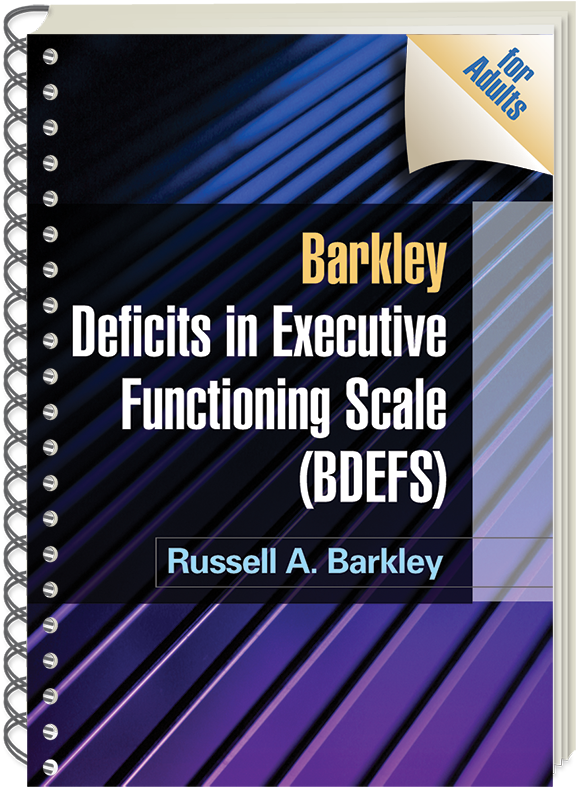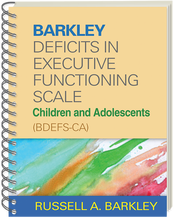|
Thinking of ADHD as a deficit of Executive Function (EF) offers a wealth of treatment possibilities. For clinicians, adults with ADHD, and parents of children with ADHD, this executive function conceptualization opens up a new way to organize thinking around deficits and strengths, and points the way to generating effective treatment plans. I recently read an excellent article from Dr. Thomas E. Brown of the Yale Clinic for Attention and Related Disorders, titled ADD/ADHD and Impaired Executive Function in Clinical Practice. In it, Brown defines ADHD as “a cognitive disorder, a developmental impairment of executive functions (EFs), the self-management system of the brain.” By stepping away from the behavioral aspects of ADHD and moving toward this cognitive understanding, treatment planning can be readily tailored to compensate for specific missing skills and abilities. I frequently direct my clients to create structure and systems which will shore up the weaker areas, allowing them to improve their performance. In Brown’s article, he defines six areas of Executive Function Deficit. The first, called activation, includes activities required in beginning to work. Clearly, this deficit is familiar to anyone struggling with procrastination. Second, Brown defines focus, the difficulty in actually paying attention to the work at hand. Third would be effort, especially as needed to complete longer tasks. Fourth is emotional regulation. (Emotional regulation is not mentioned specifically in the symptom list in the DSM-IV or 5, but the inclusion of it in the DSM-5 was articulately argued for by Russ Barkley in his keynote to the CHADD conference.) Brown mentions memory as the fifth executive function, especially memory for more recent events, and problems in holding information. The sixth and final executive function is action, including impulsivity, pacing and taking in feedback from others. Russ Barkley offers both the Barkley Deficits in Executive Functioning Scale (BDEFS for Adults) and the Barkley Deficits in Executive Functioning Scale--Children and Adolescents (BDEFS-CA), which allow clinicians to evaluate client’s executive functioning in their daily life. The executive functions in the BDEFS are similar to Brown's, broken down to time management, organization and problem solving, self-restraint, self-motivation, and self-regulation of emotions. Because the BDEFS is a validated measure, results of the test can indicate exactly where individuals are struggling and what can be done to improve performance.
For some clients, medication alone can have a huge impact, for others, therapy such as Cognitive Behavioral Therapy (CBT) can address problem areas. Many clients can benefit from a combination of medication and therapy. I've found this EF conceptualization to be especially effective in treatment planning for my clients. |
Patricia Robinson MFT
I'm a licensed therapist in Danville, California and a coach for Asperger's and ADHD nationwide. I work with individuals of all ages who have special needs, like Autism Spectrum Disorders, ADD, ADHD, and the family members and partners of special needs individuals. Archives
February 2015
Categories
All
|




 RSS Feed
RSS Feed